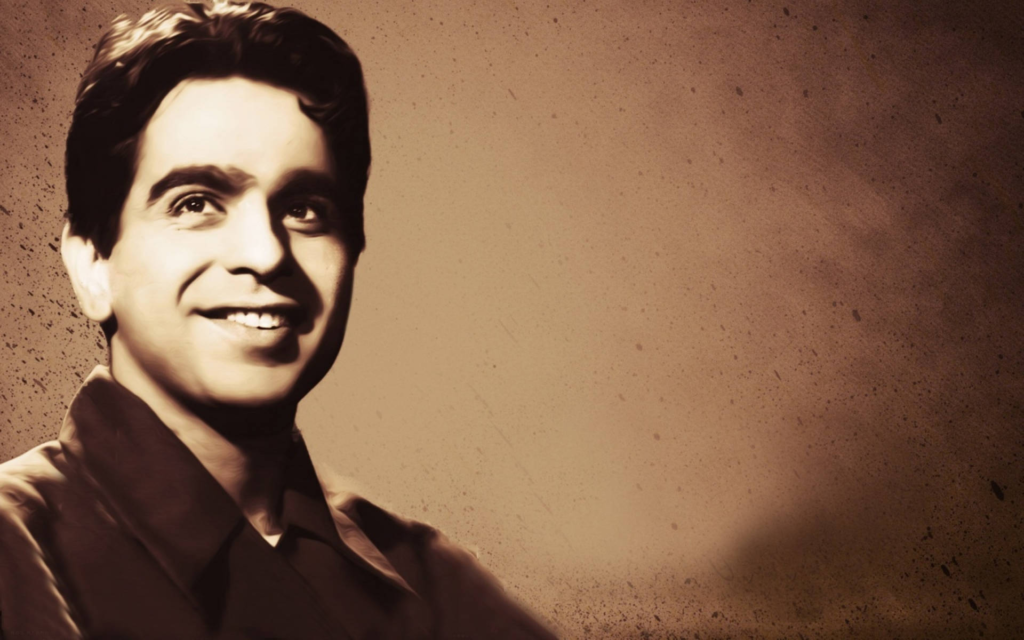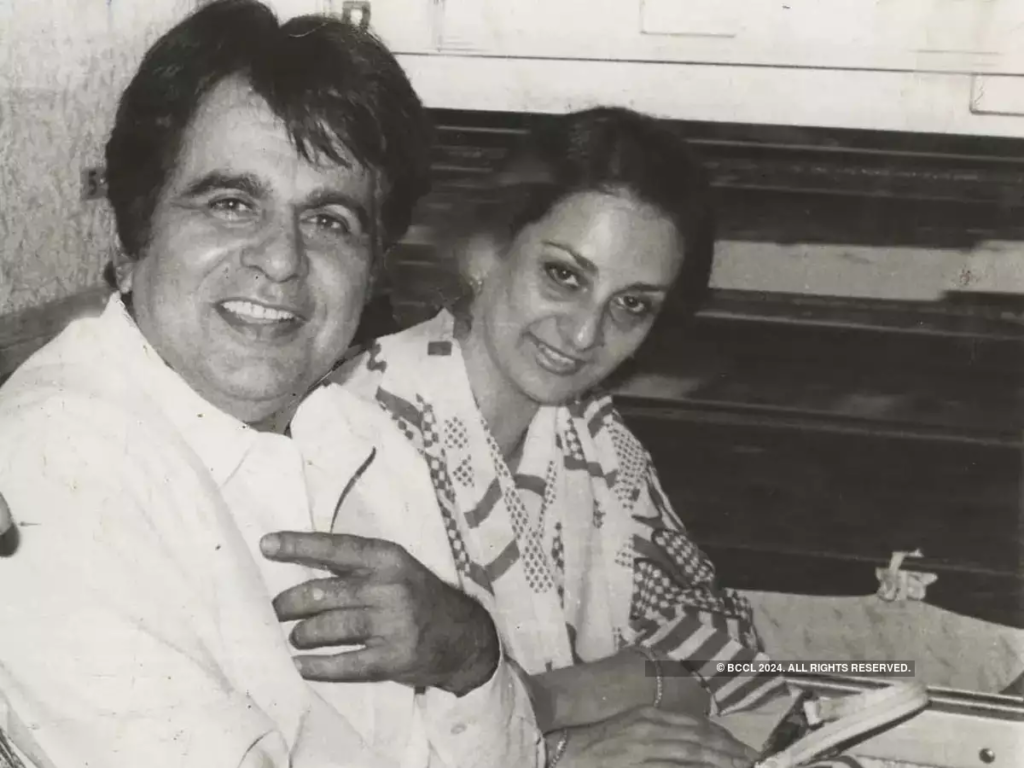Dilip Kumar, fondly known as the “Tragedy King,” remains an immortal figure in the history of Indian cinema. His career, spanning over five decades, redefined acting and storytelling, making him a cornerstone of Bollywood’s golden era. From his nuanced performances to his dignified persona, Dilip Kumar set unparalleled standards for generations of actors to come.
Early Life and Beginnings
Born as Muhammad Yusuf Khan on December 11, 1922, in Peshawar, British India, Dilip Kumar’s journey to stardom was anything but ordinary. He grew up in a modest household, where his father ran a fruit business. In the early 1940s, fate led him to Bombay Talkies, where he was discovered by Devika Rani, who gave him the screen name “Dilip Kumar.”
His debut in Jwar Bhata (1944) marked the beginning of a legendary career, although the film failed to make an impact. Undeterred, Dilip Kumar persevered, and his breakthrough came with Jugnu (1947), which was both a commercial and critical success.

The Tragedy King
Dilip Kumar earned the title of “Tragedy King” for his deep, emotional portrayals of anguished characters. Films like Devdas (1955), Madhumati (1958), and Ganga Jamuna (1961) showcased his unmatched ability to convey heartbreak and despair. His ability to immerse himself in roles and evoke genuine emotion made him a favorite among audiences and critics alike.

Versatility and Milestone Films
While he excelled in tragic roles, Dilip Kumar’s versatility allowed him to shine in a variety of genres. In Naya Daur (1957), he portrayed a spirited, optimistic character fighting for justice. Ram Aur Shyam (1967) displayed his comedic timing and skill in dual roles, further cementing his reputation as a versatile actor.
His magnum opus, Mughal-e-Azam (1960), remains one of Indian cinema’s most celebrated films. As Prince Salim, he brought depth and intensity to a love story that continues to captivate audiences even today.

A Love Story for the Ages
Dilip Kumar’s personal life was as iconic as his professional journey. His marriage to actress Saira Banu in 1966 became a story of enduring love and companionship. Despite their 22-year age difference, their bond stood the test of time, making them one of Bollywood’s most beloved couples.

Awards and Honors
Over his illustrious career, Dilip Kumar received numerous accolades, including eight Filmfare Awards for Best Actor, a record that stood for decades. He was also honored with the Dadasaheb Phalke Award and the Padma Vibhushan, India’s second-highest civilian award. His contribution to cinema extended beyond acting; he served as a mentor to many and was respected for his integrity and humility.

Legacy
Dilip Kumar passed away on July 7, 2021, at the age of 98, leaving behind an unparalleled legacy. His films, performances, and timeless dialogues continue to inspire and entertain. He was not just an actor but a cultural icon who brought Indian cinema to global prominence.

Conclusion
Dilip Kumar’s life was a masterclass in dedication, talent, and humility. As the “Tragedy King” and one of the greatest actors of all time, his contribution to Indian cinema remains unmatched. His work continues to live on, reminding us of the golden age of Bollywood and the profound impact of a true artist.
4o